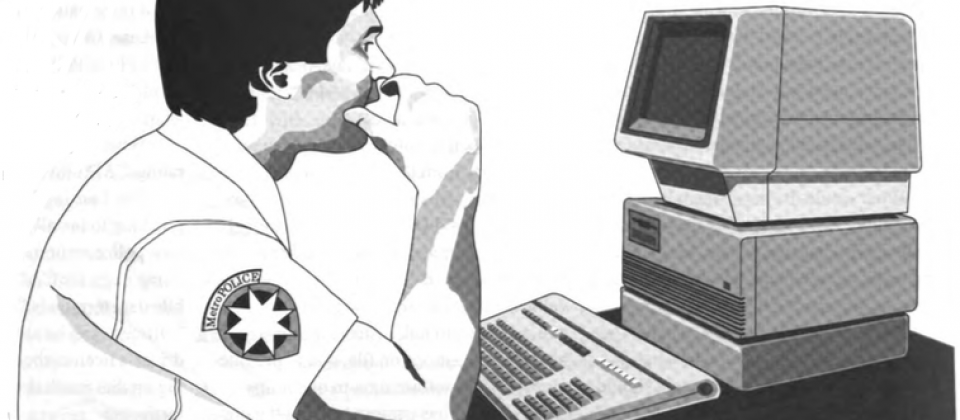Brian Jordan Jefferson, Department of Geography and Geographic Information Science at the University of Illinois Urbana-Champaign
While critical scholars have focused on the surge of incarceration and police violence as tools for containing racialized urban poverty, digital databases have quietly risen to the center of criminal justice in the US. Whereas 2.2 million people are imprisoned and 7 million are under correctional supervision, at least thirty million have records stored in some criminal database. In some cities, as much as eighty percent of the black male population have digitized records, with the female population trailing closely behind. The New York City Police Department alone has access to 5 million New York State crime, parole, and probation records; 20 million criminal complaints, emergency calls, and summonses; 31 million national crime records; and 33 billion public records.
My project revisits the rise of racialized criminalization from the standpoint of information communication technology and the production of criminal justice data. It examines how the mergence of criminal justice databases with environmental sensors, geographic information systems, global positioning satellites, security automatons, smart closed circuit television cameras, and other technologies have given rise to architectures of criminalization and control across urban landscapes. It probes the extent to which these developments allow cities to effectively upload prisonlike conditions in and around deindustrialized shantytowns, derelict public housing, disinvested neighborhoods, and skid rows, and shift the locus of carceral statecraft from correctional facilities to urban space. In doing so the project aims to expand the terrain of decarceration politics.


Leave a Reply